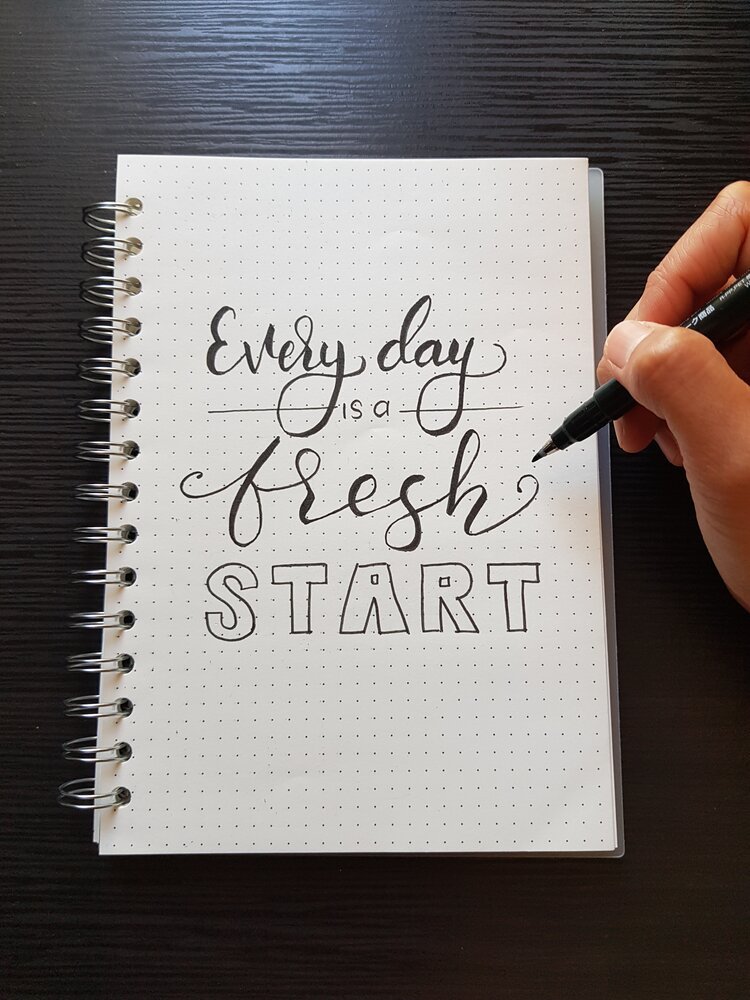Why Am I a Slow Writer? The Science of Mental Health and Wellbeing
Guest post by Dr. Chris Hill.
In my previous article, I described how our mental and physical well-being shape our writing practice. Now, I want to dig deeper into the topic of mental well-being.
Many of us flinch at the suggestion that we need to focus on our mental well-being. A typical instinctive response is that we aren’t depressed or that there is nothing wrong with us. And, what has mental well-being got to do with writing and inspiration, anyway?
Many people associate mental well-being with mental illness and fear forever being tarred by that brush. To get over these fears, I tell myself that I am here to write. I need to wake up in a good headspace each morning to be in the zone by the time my fingers hit the keyboard.
In getting to this point, I know the thoughts and emotions that occupy my mind will weigh on my productivity. If I am not happy and balanced, then it is no surprise that I am easily distracted and uninspired. And so, achieving balance and happiness will involve some kind of reflection on my thoughts and emotions.
So, how does one take that first step toward reflecting on their mental well-being? I am not suggesting that you go out and spend thousands of dollars on therapy. I am proposing that you become acquainted with a few techniques that can improve your mental well-being and cognitive performance to make yourself a more productive writer.
There is no one particular approach for mental well-being that works for everyone. For most of us, it’s also not a matter of balancing ourselves once and hoping to stay that way.
When you ride a bike, you need to modulate your speed and body to maintain balance constantly. This modulation requires you to expend energy to maintain an equilibrium, and so it is with our mental well-being. We need to spend energy to ward off all the chaos our lives generate to pull us off balance.
Many self-help books sell the idea that if you just tap your heels together three times and think to yourself, “I am going to be XYZ, then everything will be okay forever.” The end. This fairy-tale doesn’t work.
Instead, you need to become an expert on what works for you. This self-reflection does not mean you can’t take help from others. But, you have to take some responsibility and make researching and practicing your own mental well-being an ongoing part of your life.
A great place to start is Yale University’s online Coursera course: The Science of Well Being developed by Laurie Santos. I took the course and found it very valuable.
Enrolment for The Science of Well Being is free, and it takes about 20 hours over several weeks. Santos has geared the classes towards Yale undergrads; however, you will find a range of ages, cultures and backgrounds taking the course at any one time.
So why this course? To start, it promises no silver bullet. It is an introduction to positive psychology, which includes a range of “rewirements” for improving your happiness and mental well-being from finding your strengths, gratitude, mindfulness and more. These methods are all backed by research to various degrees.
Each week you get the opportunity to try out and practice different rewirements. For each topic, there is a reading list for you to deepen your knowledge.
Start your journey to finding a good headspace with the Science of Wellbeing. Use it as a platform for becoming an expert on how to optimise your thoughts and happiness so that you wake up an inspired, productive writer each morning.


